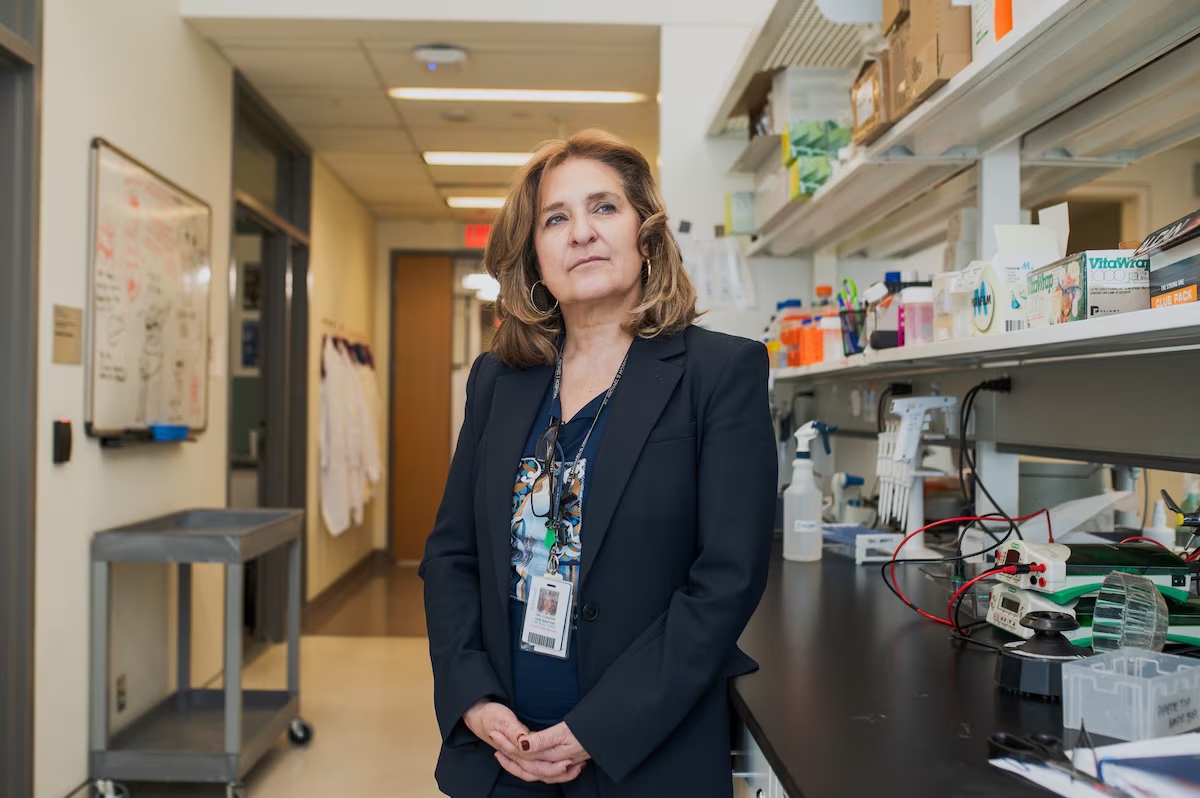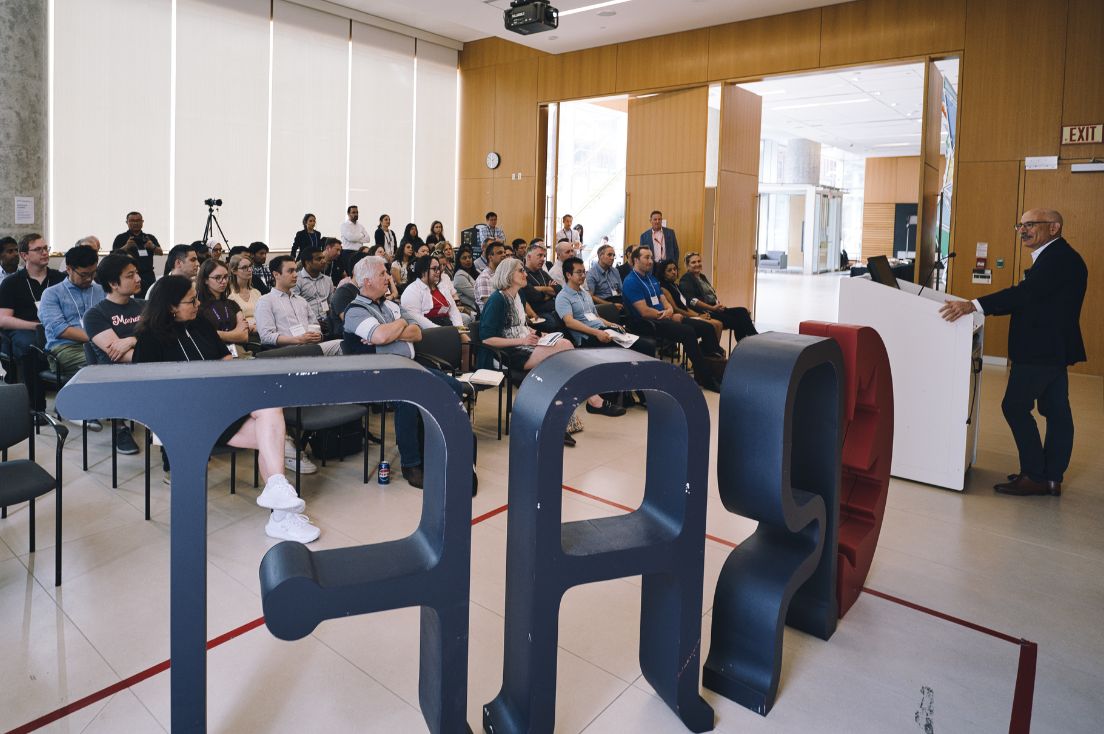
CRAFT co-hosts industry workshop to build microfluidic technology ecosystem in Canada.
On March 30, 2022, the National Research Council of Canada (NRC), the University of Toronto (U of T) and CRAFT jointly hosted an industry workshop, which was attended by more than 30 representatives from companies, such as AstraZeneca, Bio-Stream and Exacad. The half-day workshop was chaired by Diane Côté, the President and CEO of MEDTEQ+, a Canadian consortium supporting industrial research in medical technologies.
One of the primary goals of the workshop was to engage industry participants in a conversation about the microfluidics-enabled device industry in Canada. This was facilitated through a panel discussion on how Canadian industry can capitalize on global microfluidics opportunities, which included leadership from several SMEs, Mitacs, NSERC and NRC’s Industrial Research Assistance Program. The panel discussion was followed by a plenary discussion about growing a microfluidics ecosystem in Canada.
The workshop also included a session devoted to CRAFT. CRAFT researchers —Teodor Veres, Milica Radisic and Keith Morton—showcased CRAFT’s most valuable assets, namely its leading-edge infrastructure, expertise and young talent. Aaron Wheeler and Claudia dos Santos shared their exciting work developing lab-on-chip diagnostic devices for use in a wide range of settings, from African refugee camps to the intensive care units in hospitals. Also, Axel Guenther invited companies in the audience to reach out to researchers and get involved in their CRAFT research projects (listed here).
Throughout the workshop, the audience and panelists shared their ideas, challenges and experiences. CRAFT will leverage these insights to establish fruitful partnerships with industry and foster an industry, government and academia ecosystem to help make Canada a world-leader in the development and domestic manufacturing of microfluidics-enabled technologies for health.




